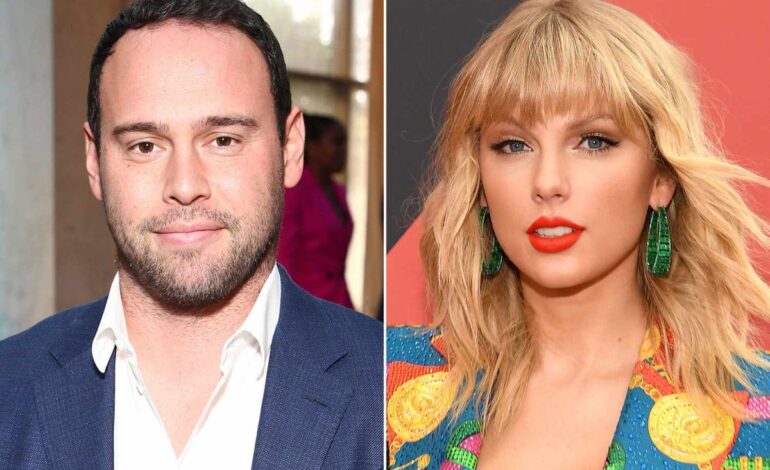Taylor Swift Triumphantly Reclaims Her First Six Albums

Let’s distill the headlines into the bottom line: Taylor Swift has officially regained ownership of the music that launched her career. In a heartfelt statement posted May 30 on her official website, the 35-year-old superstar confirmed she purchased her entire catalog of masters from her earliest six albums, closing a chapter that began in June 2019 when Scooter Braun’s Ithaca Holdings acquired Big Machine Records. Swift’s announcement reads like a victory lap: she described bursting into “tears of joy” and replaying a “slideshow” of moments when she “daydreamed about, wished for and pined away” for this chance. She confessed that for 20 years she chased the possibility of reclaiming her work, only to see the prospect slip away repeatedly—until now.
The backstory is well documented: Scott Borchetta launched Big Machine in 2005 and signed Swift as his first artist. When Braun purchased the label three albums into Swift’s career, the industry watched her express frustration in a candid Tumblr post. She called the deal “manipulative bullying,” lamenting that she was denied the opportunity to buy her masters outright and instead offered an “earn-one-album-back-at-a-time” arrangement. The public outcry that followed set a new standard for artists demanding control over their intellectual property.
In November 2020, Braun sold that same catalog to private equity firm Shamrock Capital. Swift revealed she had actively sought to negotiate with both Braun and Shamrock, only to face demands that she sign a non-disclosure agreement restricting her speech. Undeterred, she announced her plan to re-record those first six albums—leveraging her Universal Music Group deal that ensured ownership of all future masters. April 2021 saw the release of Fearless (Taylor’s Version), followed by Red, 1989 and Speak Now, each met with critical and commercial acclaim.
Fast forward to today: Swift’s buyback deal returns complete rights to her original recordings. The transaction doesn’t just symbolize personal vindication; it underscores a broader shift in how artists wield power in the streaming era. Ownership of one’s masters is now recognized as essential to financial success and creative freedom. Industry insiders note that Swift’s move has inspired countless musicians to re-evaluate their own contracts and catalog rights.
This milestone arrives as Swift gears up for more re-recordings and a high-stakes Eras Tour. With her foundation of master control now secure, she’s poised to dictate every aspect of her legacy—what gets played, licensed and monetized. And if history is any guide, we haven’t heard the last of her strategic maneuvers in music rights.
And there you have it—Taylor Swift has come full circle, rewriting her own backstory one master at a time.
Sources: Celebrity Storm and People Magazine, Los Angeles Times via Getty Images, Dotdash Meredith
Attribution: Creative Commons Licensed




